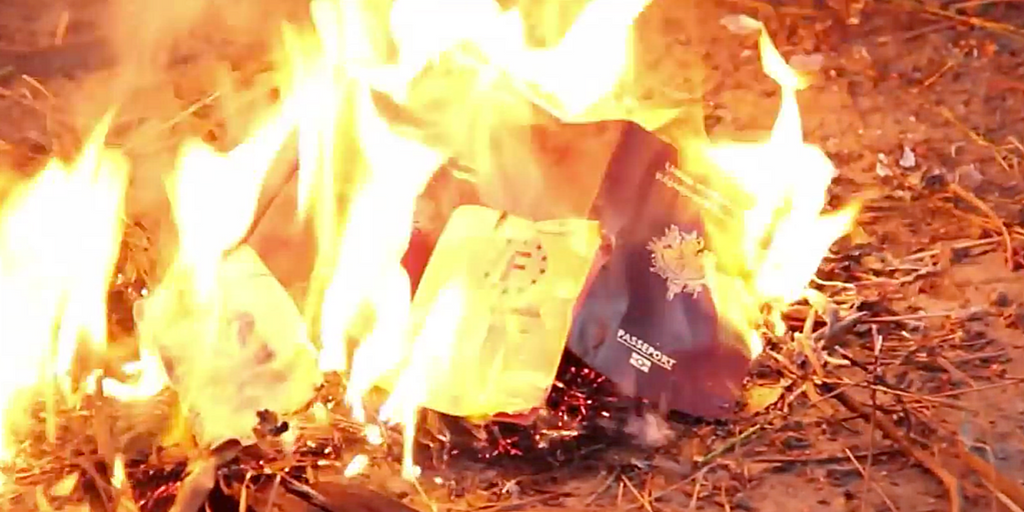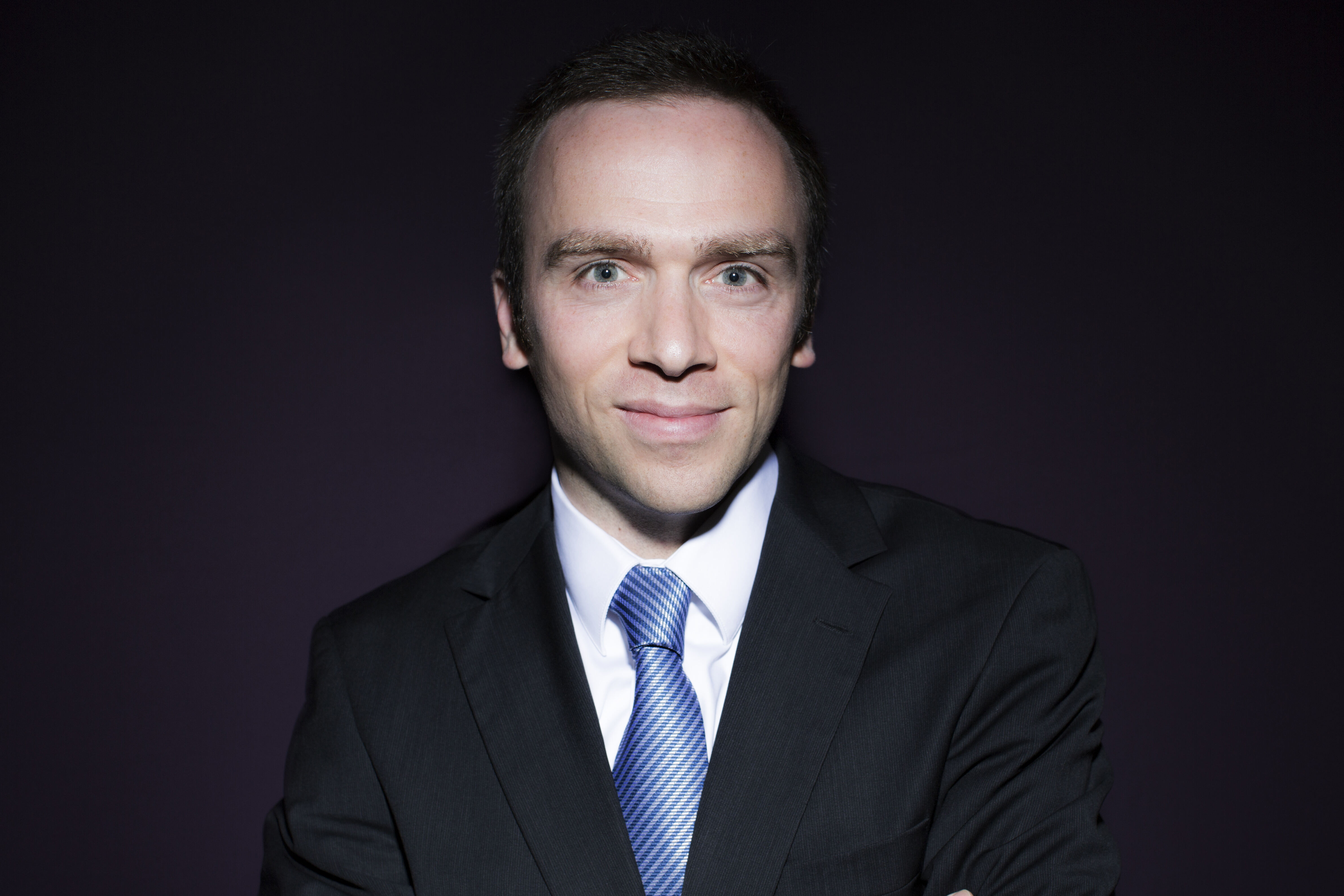
Practical information
France is the Western country the most severely impacted by acts of terrorism. Some 1300 French citizens have left for Syria and Iraq, among which 330 have returned.

Since 2015, 250 people have been killed on French soil by various terrorist attacks. As of 2017, over fifteen attacks – foiled or successfully executed – have occurred. Despite severe territorial losses, ISIS remain to be defeated and Al Qaeda is still very active. Today, the terrorist threat remains high, and is likely to persist.
In order to better understand the causes of terrorism in France, Ifri is delighted to host a conference offering an exclusive preview of their newly released studies.
Peter R. Neumann and Rajan Basra have been working for the past few years on the link between terrorism and crime. As part of the “Crime Terror Nexus” project, they have carefully examined the situation in all countries of the European Union and will be presenting their results for the case of France.
In his latest study, Marc Hecker analyzes the profiles and motivations of 137 individuals sentenced for acts of terrorism. Based on judicial sources, this study explores the processes of radicalization and the drivers of homegrown terrorism.
This conference will be held in English.
Speakers
Related Subjects
Other events

EV Supply Chains for Japan and Europe: Strengthening Economic Security
Economic security aims to ensure the resilience of supply chains for key industries: the case of electric vehicle production in Japan and Europe will be discussed.

From Ambition to Action: Exploring Technological Partnerships with India
The 16th EU-India Summit, held on January 27th in New Delhi with European leaders António Costa, Ursula von der Leyen, and Prime Minister Narendra Modi, marks a significant milestone in deepening EU-India relations. At the same time, official bilateral visits from EU member states are on the rise, including that of the French President, who visited India in February to participate in the Artificial Intelligence Summit. As India asserts its technological ambitions and seeks to reduce its dependence on China, Europe is stepping up its efforts to diversify its strategic partnerships.








